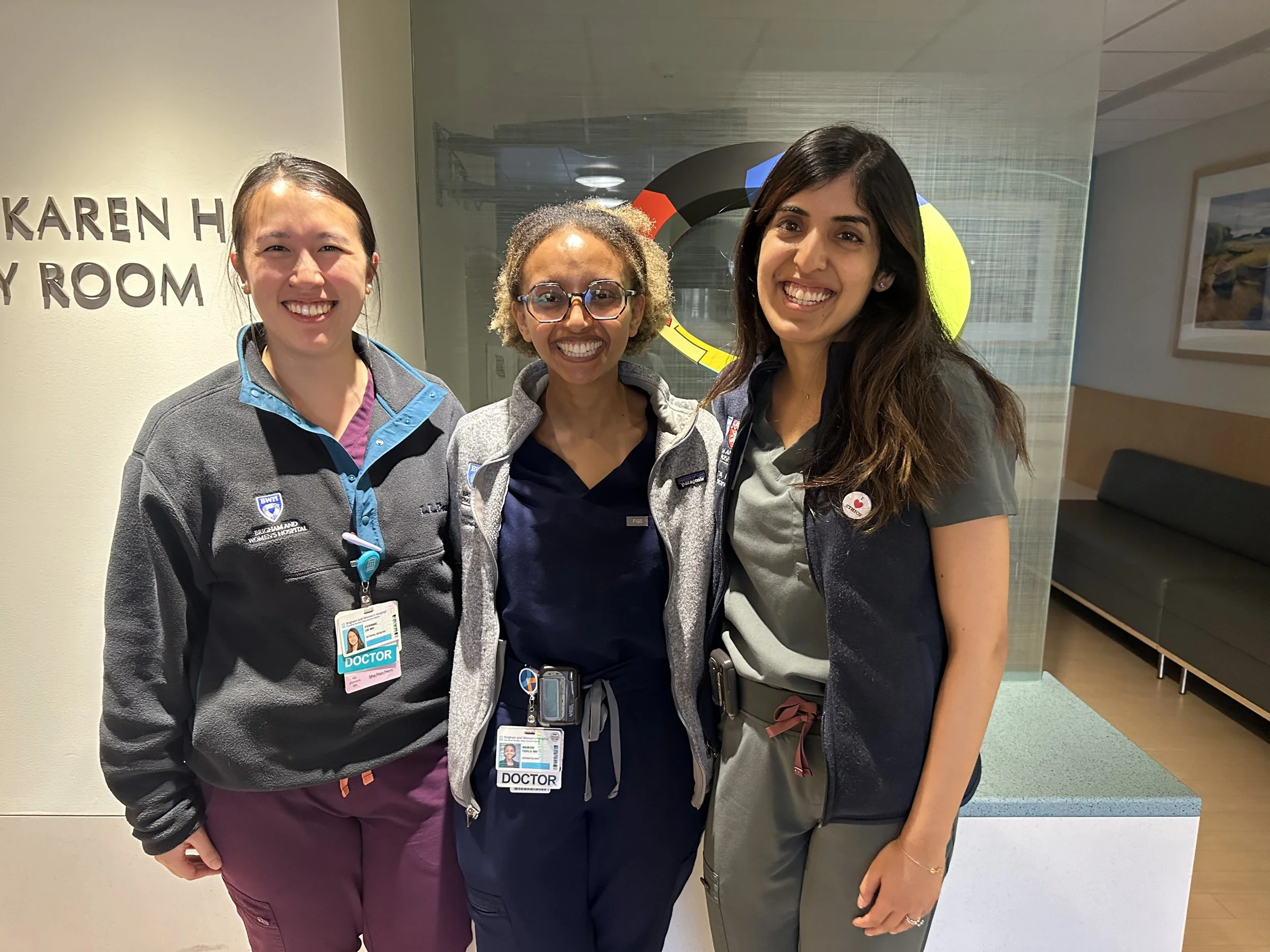
Our Mission
OPOC connects Boston’s public defenders with medical providers who can write objective, rigorous medical affidavits on behalf of their clients. After arranging the pairing, OPOC remains available to paired-up medical providers and attorneys to support their advocacy process.
OPOC also facilitates trainings with both attorneys and medical providers regarding the particularities of medical affidavit writing and medical-legal collaborations more generally. Our hope is to increase the rate at which and persuasiveness with which individual defendant’s medical issues are being presented to various decision-makers in the court system. In certain cases, medical issues have been found by courts to be one factor relevant to a fair and proper resolution of the criminal case. The role of the OPOC affidavit is to explain the medical issues clearly and objectively.
We recognize that many of the same inequities affect both the health system and the criminal system. Case by case, collaboration by collaboration, our work is intended to address those inequities. Grown out of the COVID crisis, this project recognizes our interconnectedness and seeks to address a gap in care, especially for those most vulnerable community members.
Hear from David Sanchez — A former Brigham resident & current allergy immunology fellow at Mount Sinai & Co-Founder of OPOC.
OPOC's Medical Leadership Team at Brigham & Women's Hospital
